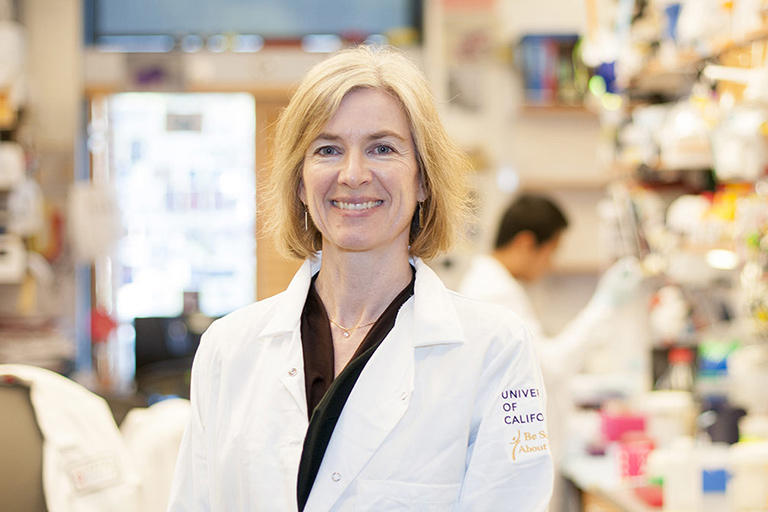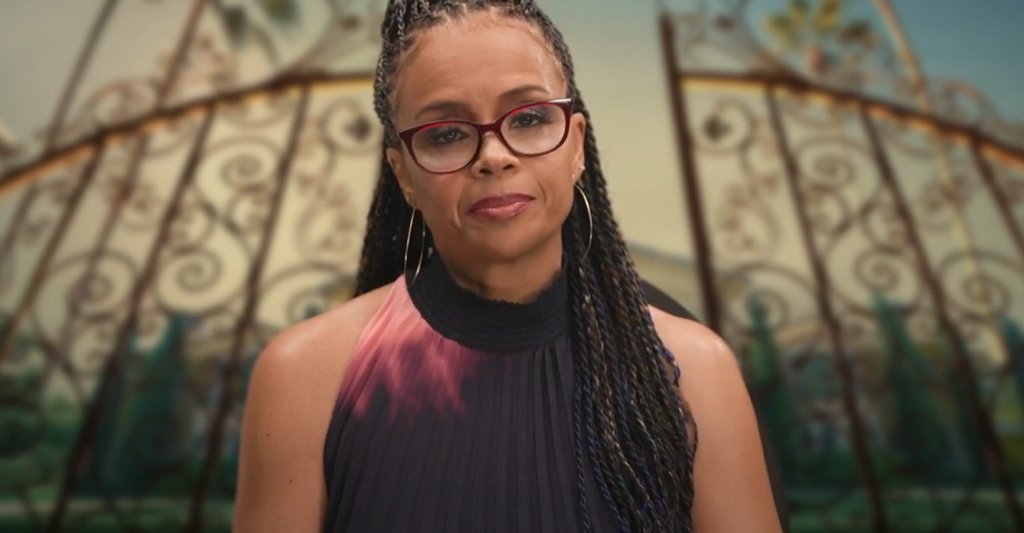Jennifer Doudna and her breakthroughs in gene editing could be coming to the small screen. Mark Gordon Pictures has optioned the rights to Walter Isaacson’s bestseller “The Code Breaker: Jennifer Doudna, Gene Editing and the Future of the Human Race,” with plans to develop it as a limited series. Deadline confirmed the news.
“The book follows Doudna and her collaborators, who turned a curiosity of nature into an invention poised to transform human health: an easy-to-use tool known as CRISPR that can edit DNA,” the source details. “Essentially, CRISPR-Cas9 allows scientists to rewrite DNA – the code of life – in any organism, including human cells, with unprecedented efficiency and precision, opening up a world of new possibilities and potential. Doudna’s work has been central in the rapid development of diagnostics and vaccines for Covid and also in engineering treatments for sickle cell anemia and certain forms of cancer.”
Last year, Doudna and her collaborator Emmanuelle Charpentier received the Nobel Prize for Chemistry, marking the first time two women have won a Nobel in the sciences together.
Beth Pattinson and Mark Gordon will exec produce the potential “Code Breaker” limited series for Mark Gordon Pictures.
“At a time when science is more in the public eye than ever, it is a privilege to be entrusted with Jennifer’s story and to highlight the life-changing work performed by her and her extraordinary collaborators,” Pattinson said. “As a young child, Jennifer was told that science was not a job for women. Using Walter’s beautifully written book, we hope to demonstrate to a new generation that it very much is.”
Isaacson added, “I am delighted that Mark and Beth are going to make this exciting and inspiring story. It’s a thrilling detective tale about discovering the wonders of nature and inventing tools that can make us healthier and protect us from pandemics. Not all heroes wear capes. Some wear lab coats.”
A professor of chemistry, biochemistry, and molecular biology at UC Berkeley, Doudna’s areas of research include diagnostics, structure and mechanism, new gene editing tools, and editing in cells. She previously taught at Yale. She won the Packard Foundation Fellow Award in 1996, the NSF Alan T. Waterman Award in 2000, and the American Association for the Advancement of Science Fellow Award in 2008.







